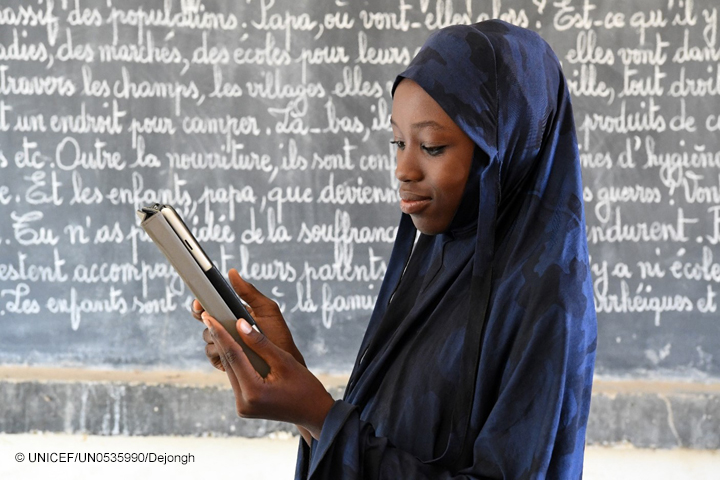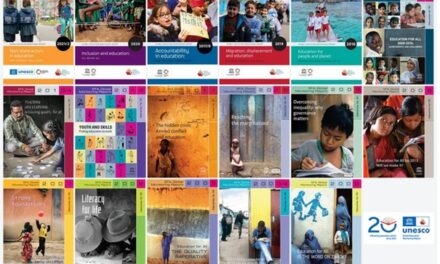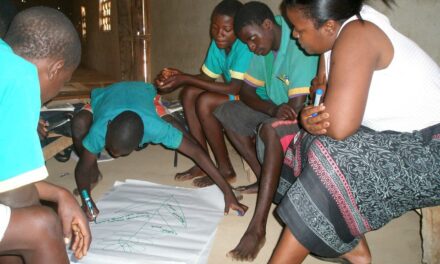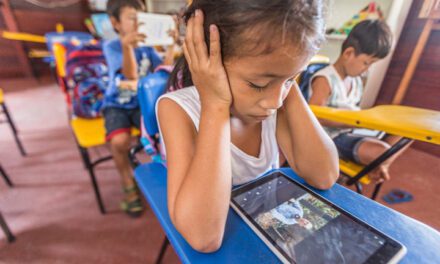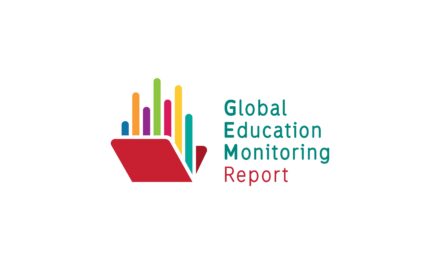The 2023 Global Education Monitoring Report, published by UNESCO, will focus on technology and education. As recognised in the Incheon Declaration, the achievement of SDG 4 is dependent on opportunities and challenges posed by technology, an emphasis that was deepened by the onset of the COVID-19 pandemic. Technology appears in six out of the ten targets in the fourth Sustainable Development goal on education. These references are out of recognition that technology affects education through five distinct channels: input, means of delivery, skill, tools for planning, social and cultural context.
The 2023 GEM Report will examine education challenges to which appropriate use of technology can offer solutions, while recognising that many of the solutions proposed may also be detrimental.
The report will examine issues of access, equity, and inclusion in education, looking at ways through technology can help reach disadvantaged learners but also ensure more knowledge reaches more learners in more engaging and cheaper formats. It will focus on how quality can be improved, both in terms of teaching and learning basic skills, engaging and motivating learners, and in terms of relevance, ensuring the development of the digital skills needed in daily life. It will also address the challenge of technology development, noting the role of technical, vocational and higher education institutions in national strategies for technological development, employment and economic growth. Finally, it will recognise the role of technology in system management with special reference to assessment and other education management data that can be widely used for planning.
The report will also explore three system-wide conditions that need to be met for any technology in education to reach its full potential:
- ensuring that all learners have access to technology resources,
- protecting learners from the risks of technology through appropriate governance and regulation and
- supporting all teachers to teach, use and deal with technology effectively.
The GEM Report has opened a consultation aiming to collect feedback on the proposed lines of research of the concept note for the 2023 GEM Report from experts, teachers and policymakers working in the field of technology and education. Feedback is being collected through an online consultation opened to the general public and through regional and thematic events, with comments provided by email or in the comments section on the website. The purpose of the consultation is to recommend evidence-based:
- practical examples on the effects of implementing education technology interventions
- practical examples on the challenges of implementing education technology interventions
- education technology policies based on national experiences
- education technology financing based on national experiences
The team is also collecting feedback on areas of interest that GEM Report’s PEER country profiles on technology could cover to support the Report in 2023.
UKFIET will be convening a consultation on the 2023 GEM Report in early 2022. Together with the GEM Report, UKFIET is inviting organisations working in the field of technology and education to convene additional consultations to discuss the proposed areas of research of the 2023 GEM Report and suggest new sources of evidence. The events can have a geographical or thematic focus and can be virtual or in-person. The consultations tend to be 90 minute long and include a presentation of the 2023 Concept Note by the GEM Report followed by a discussion with experts and policy-makers. The events can focus on one of the themes proposed in the concept note (e.g. access, equity and inclusion, quality, technological development, system management, infrastructure, governance and regulations and teachers). During the consultation process, the GEM Report will try to answer the following questions which will provide a comparative evidence-base from which to draw recommendations:
- What do we know about the role of technology in addressing each of the education challenges identified with respect to access, equity and inclusion; quality; technology development; and system management?
- What do we know about the potential negative impacts of technology on education challenges in each of these areas?
- How do countries facilitate access to technology to ensure there are no gaps between different learners and schools?
- How do education systems embed the use of technology through reforming curricula, redesigning learning materials and supporting teachers?
- How can the negative consequences of the use of technology be addressed in education and in the way they impact education?
On this page you will find more information about the consultation process, the events that have taken place so far and the events that are scheduled for 2022.
We look forward to hearing from you!

